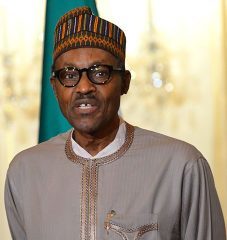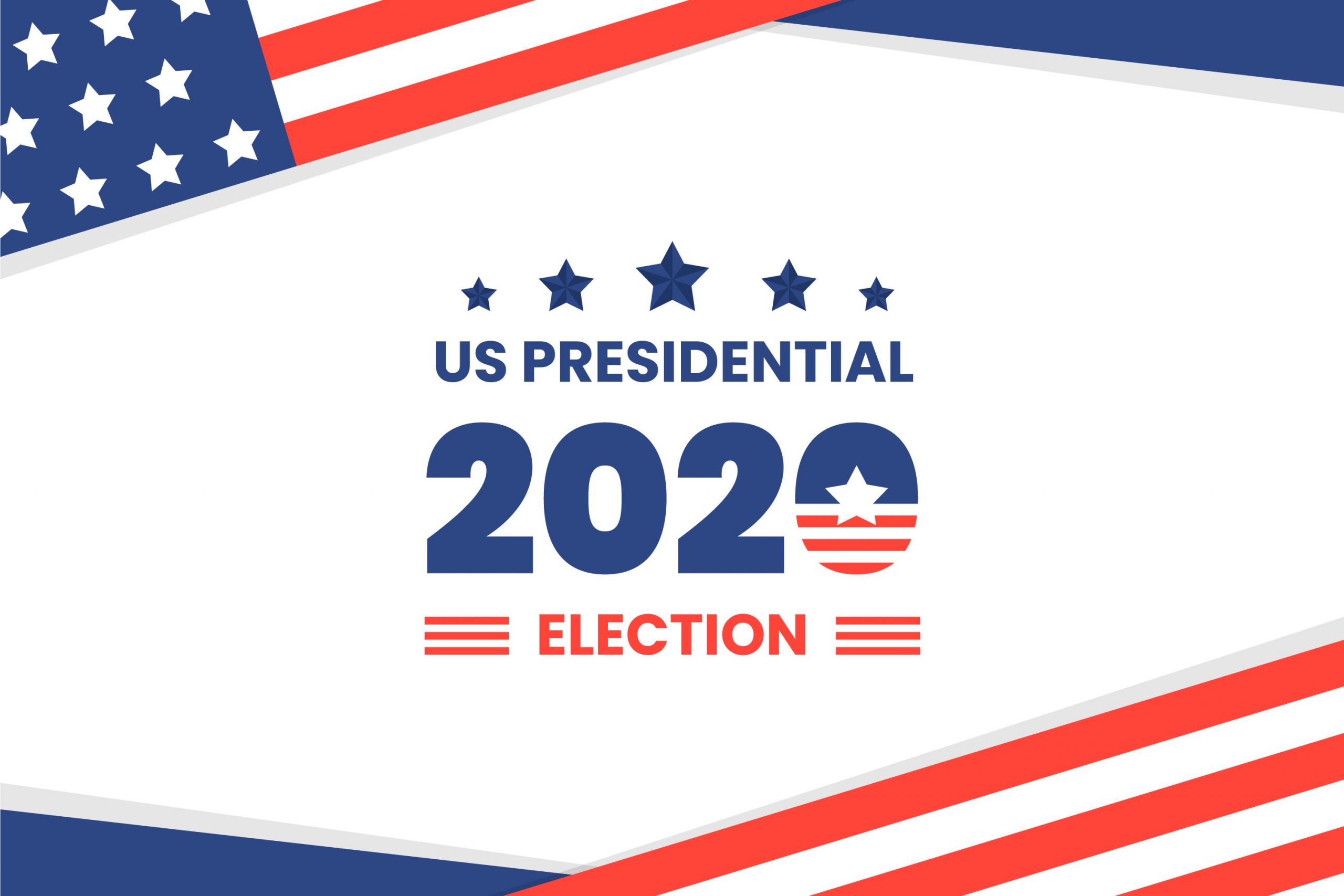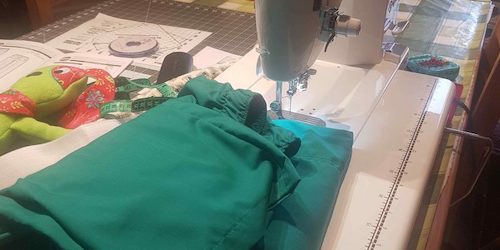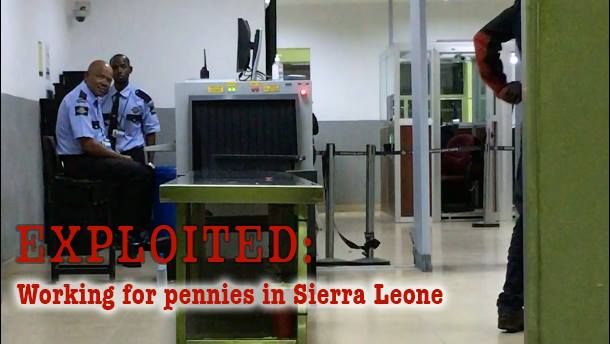The easing of the lockdown restrictions in Nigeria has come into force in three states and includes Federal Capital Territory, Lagos, and Ogun state.
In his national address, the President Muhammadu Buhari explained that “many of our citizens have lost the means of their livelihood, many businesses have shut down”.
“No country can afford the full impact of a sustained lockdown while awaiting the development of vaccines”, President Buhari added.
President Buhari also stated that the government was working hard to seek out ways in which the nation can protect health whilst preserving life. He announced a ban on non-essential travels as well as introducing a nationwide curfew which will restrict movements from 8pm until 6am daily, with only essential workers exempted.
Nigerian public react to lockdown developments
Lagos-based reporter Adefemi Akinsanya has expressed concerns over the easing of restrictions, insisting that the objectives of lockdown in Nigeria have not yet been achieved.
“Cases continued to go up while we were on the lockdown, and now it is being lifted without seeing a flattening of the curve or a downward trend in the number of cases”, Akinsanya stated.
Adefemi also confirmed the gathering of crowds outside of banks and bus stops as soon as the lockdown restrictions were eased in the Nigerian capital.
“It defeats the purpose of the lockdown in Nigeria if we are just going to rush back into the streets and disobey social distance guidelines”, she said.
She also explained that many businesses still remain closed to the general public, and that there is still much emphasis on the public staying safe.
Covid-19 in Nigeria
The first coronavirus case in Nigeria was confirmed on February 27, 2020 in Lagos state. According to reports, the patient flew into Murtala Muhammed Airport in Lagos from Italy – which was a high-risk country at the time.
By the end of March, records published by the Nigeria Centre for Disease Control showed that the number of confirmed corona virus cases in the country had risen to 131.
As a result, on March 30th, President Muhammadu Buhari announced a restriction of movement and closure of businesses in Lagos, Abuja, and Ogun states for a period of 14 days. This was due to the majority of cases being confirmed in these areas.
The Nigerian government then extended the lockdown period due to the daily increase in the number of nationwide coronavirus cases.
President Buhari also announced the distribution of relief items to various parts of these states, fully aware that the livelihood of many Nigerians would be affected by the 14-day restriction of movement.
The situation now
With the latest figures published by the Nigeria Centre for Disease Control on May 6, 2020 – there was still no sign of a decrease in the number of new confirmed cases. There are currently 3,145 confirmed cases of coronavirus in Nigeria.
So far, Lagos state has recorded the highest number of cases in Nigeria with 1,226 confirmed cases – next to Kano state where the number of cases has continued to rise in the last weeks.

How are medical practitioners coping with the crisis?
The Breaker interviewed Elizabeth Godwin, a medical doctor working in a general hospital in Nigeria. She said that her centre takes several measures to prevent the unknowing spread of the virus to other patients or staff.
People are asked to wash and sanitise their hands before being attended to by a doctor, as well as the compulsory use of face masks, and a temperature check.
Crowds are also being avoided at the medical centre. Patients are called in groups of two’s to maintain a “reasonable distance” between patients and the doctors attending to them.
She also stated that only emergency cases are being admitted into the hospital at the moment; and these patients receive free treatments.
Elizabeth explained that her main struggle during this pandemic is limited supply of protective gears and testing kits. In most cases she has purchased protective gears herself.
Listen to find out more details on the shortage of supplies for health workers in Nigeria.








